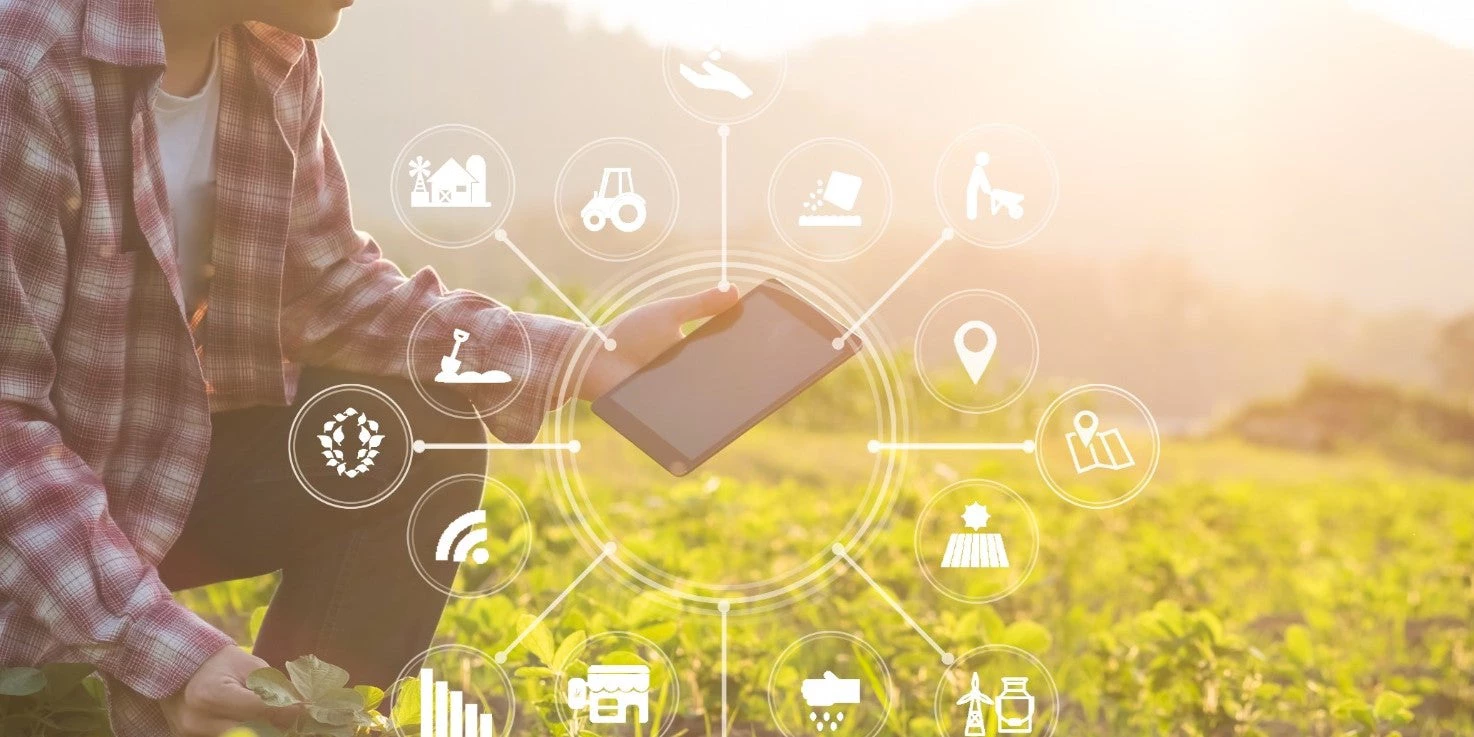 Pertanian digital berpotensi menciptakan perubahan bagi sektor pertanian di Indonesia
Pertanian digital berpotensi menciptakan perubahan bagi sektor pertanian di Indonesia
Agriculture is an important sector for Indonesia, contributes approximately 14 percent of the nation’s GDP, employs one-third of Indonesia’s labor force, and is dominated by smallholder farmers (93%). The sector is central to Indonesia’s capacity to nourish its growing and increasingly urbanized population with evolving food preferences. To meet those needs, it is essential to maintain and enhance agriculture’s productivity, sustainability, and competitiveness.
According to research by Mercy Corps and Rabo Foundation, the majority of farmers in Indonesia did not advance beyond primary school, are over 45 years old, and do not use the internet. The research also identified agriculture-specific digital solutions in Indonesia in 5 key areas: supply chain and data management, market access, digital financial services, digital information, and precision agriculture.
Digital agriculture has the potential to be a game-changer for agriculture in Indonesia and the country’s startup ecosystem has seen a rapid growth of AgTech or digital solutions for agriculture. Indonesia’s startup ecosystem has seen particularly rapid growth in AgTech. In 2020, AgTech startups raised more than $165 million across 26 deals. Indonesian AgTech actors have helped advance many aspects of traditional agriculture and made important contributions to the needed transformation of the agriculture sector starting from production, supply chain, market access, and transaction to financing solutions. Unfortunately, smallholder farmers may not have the technical knowledge to keep up with agricultural mechanization and trends, resulting in low productivity.
Answering this challenge, AgTech actors such as MSMB Indonesia, Habibi Garden, and eFishery provide solutions for farmers to adopt the precision agriculture practice and Internet of Things (IoT), increasing the efficiency of the production of staple foods and other agriculture outputs.
With smart technology, eFishery has benefitted more than 15,000 farmers groups in 28 provinces and more than 400 cities/districts in Indonesia.
To support fairer pricing for farmers, and increase smallholder farmers’ income, AgTechs such as EdenFarm and TaniHub Group provide marketplace solutions and farmer support apps that help simplify the agricultural supply chain, increasing farmers’ incomes and stabilizing produce prices. Such solutions answer challenges of the absence of up-to-date marketing or pricing information, as well as a mismatch of food supply and demand.
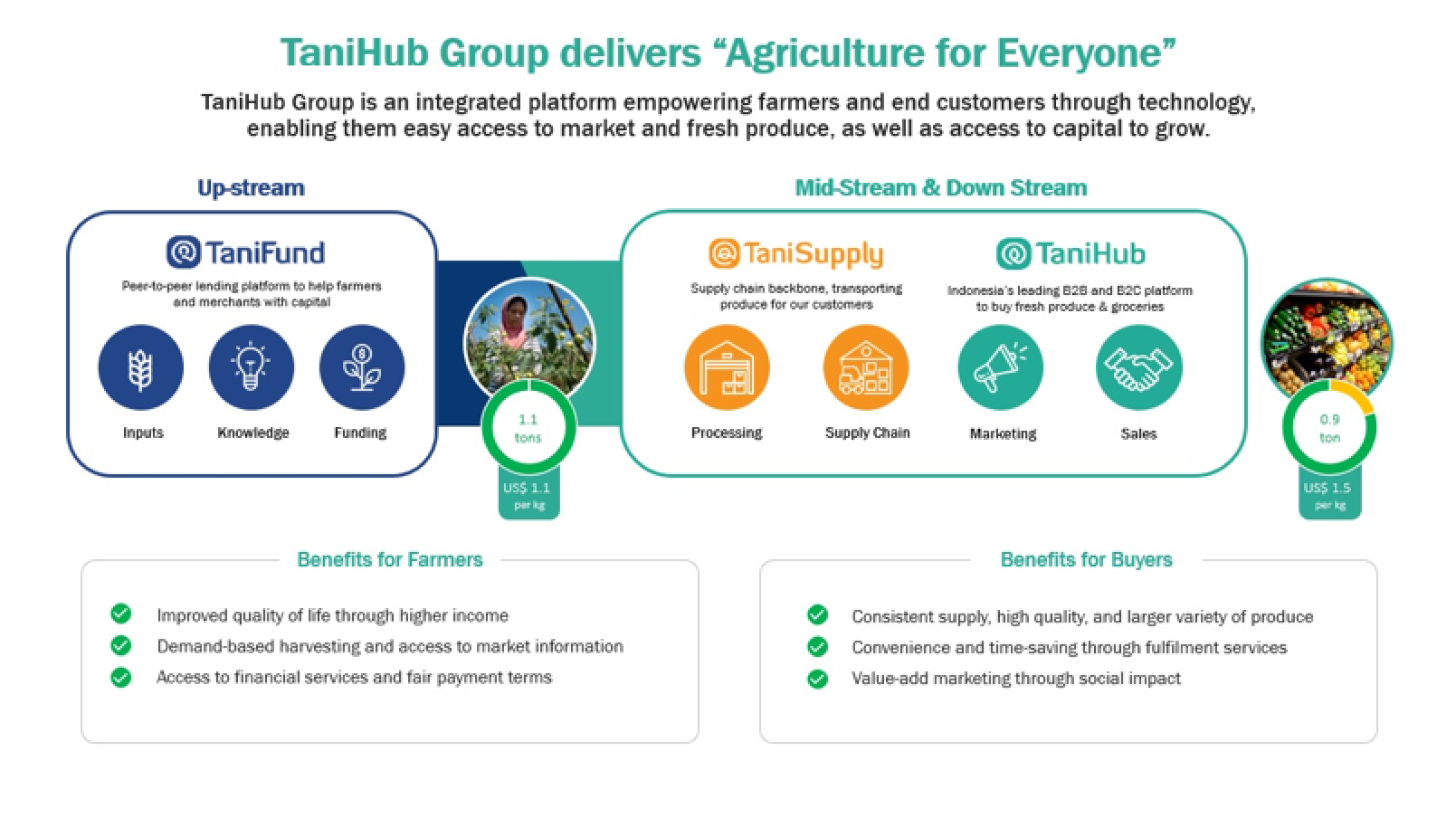
TaniHub Group creates direct links between 50,000 crop farmers and over 100,000 buyers, securing a fairer price and reliable payment service while cutting the buyers’ cost. The Group has also supported more than 1,000 cultivation programs through its crowdfunding platform, TaniFund.
AgTech players provide end-to-end digital agriculture solutions that close information mismatches on supply and demand and offer traceability of agricultural products. With its tailor-made software and services for end-to-end business processes, Koltiva offers solutions that allow farmer groups and cooperatives to operate more efficiently and comprehensively with the availability of networks and necessary tools to conduct business activities.
AgTech solutions offered by Koltiva
AgTech solutions have also supported agriculture diversification to horticulture, as provided by Sayurbox, an online platform with a farm-to-table concept that allows its users to buy fresh vegetables and fruits directly from farmers. The platform enables the farmers to gain direct access to urban consumers, while also providing users convenience in obtaining fresh produce at affordable and competitive prices.
Last but not least, Agtech can create an ecosystem of services for farmers by providing access to funding, high-quality input supply, and access to markets with transparent pricing. One example, Crowde offers a one-stop financing solution for farmers, while for the off-takers, it provides stability and consistency of quantity and quality of fresh produce.
Digital agriculture solutions have the potential to improve millions of farmers’ livelihoods, elevate productivity in rural communities, and significantly transform Indonesia’s agricultural sector. However, examples of digital agriculture are still limited and Indonesia's AgTechs are facing challenges scaling up because of data fragmentation to access high-quality real-time analytics, lack of funding, and market access . To overcome these obstacles and support Indonesia's economic growth in the long run, strategic involvement of key elements such as the government, private sector, and civil society organization is needed.
Supported by the Ministry of Agriculture of the Republic of Indonesia and West Java Provincial Government, World Bank Group together with Microsoft, TaniHub Group, GIZ, IPB University, GrowAsia, Data Science Indonesia, FAO, Plug and Play Indonesia, and Planet, is launching the inaugural Data Hackathon called “Cultivhacktion” on September 24, 2021, during the celebration of National Farmers Day.
Carrying the theme of “Farming is GREAT, being a farmer is COOL'', Cultivhacktion aims to create an agriculture ecosystem in Indonesia, through the active involvement and empowerment of young innovators to develop solutions to accelerate the digitization of the agricultural ecosystem .
We welcome innovators to participate and submit a proposal until October 5, 2021, to https://www.cultivhacktion.id/
Related links:
- Watch the Cultivhacktion Opening Ceremony event (September 24, 2021)
- Cultivhacktion – Data Hackathon Webinar (September 9, 2021)

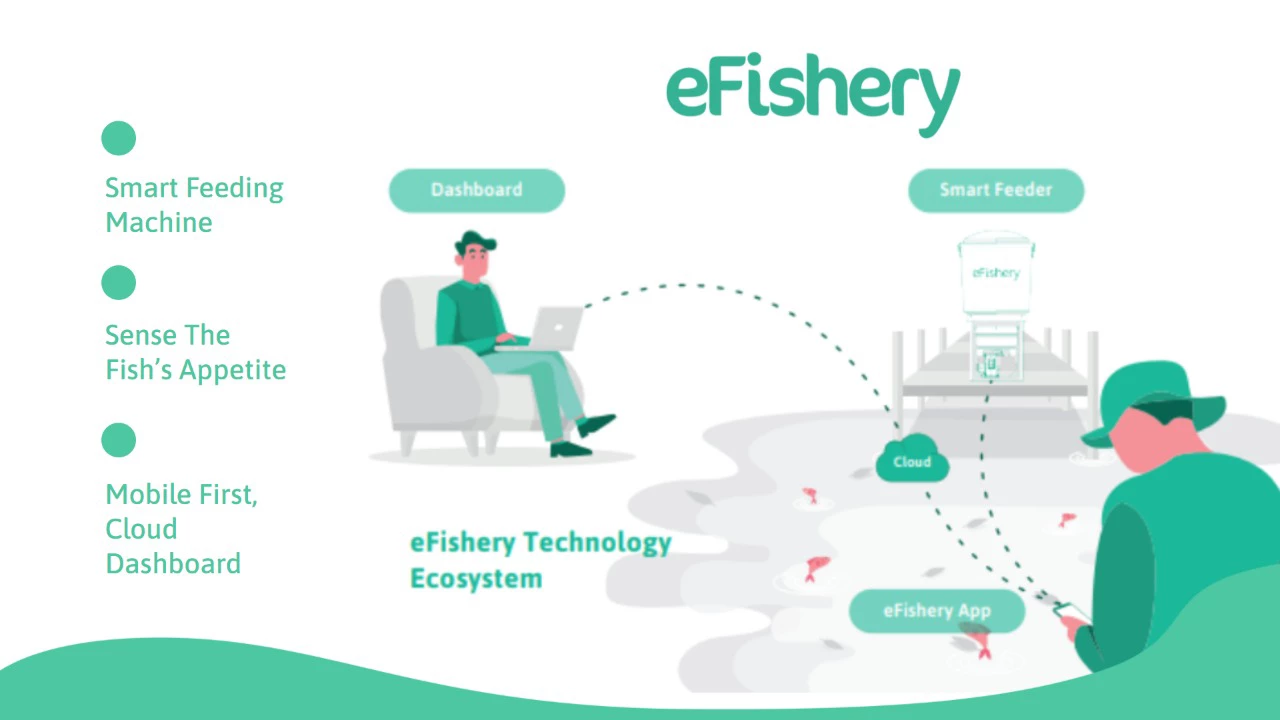
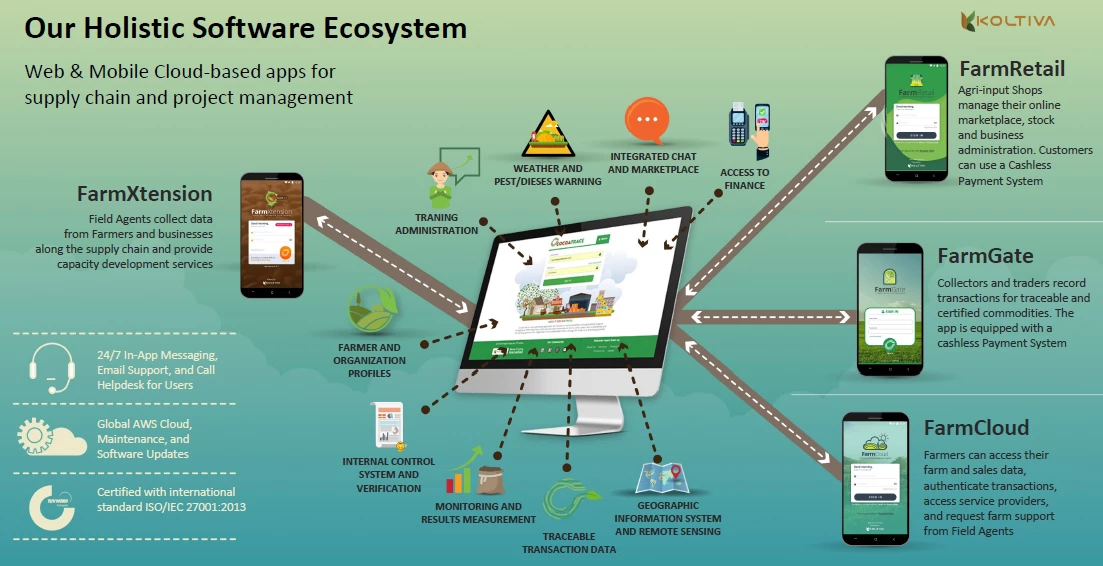
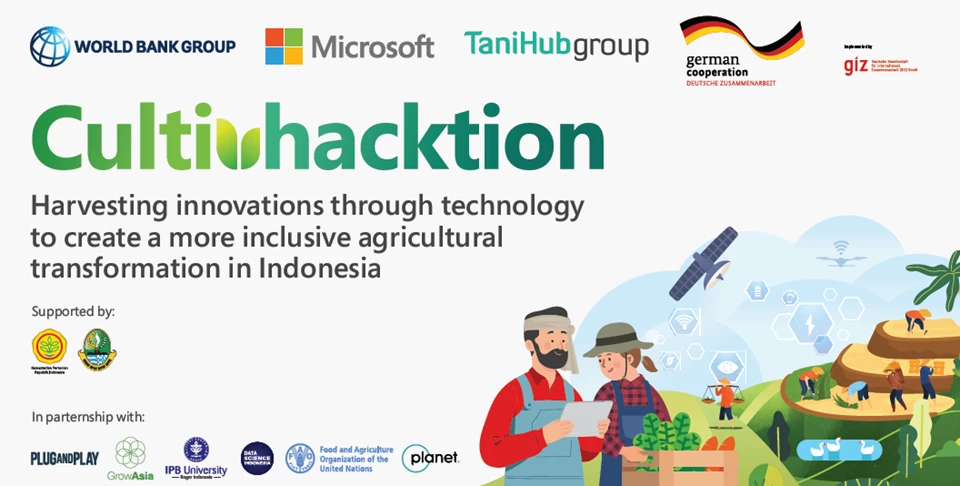
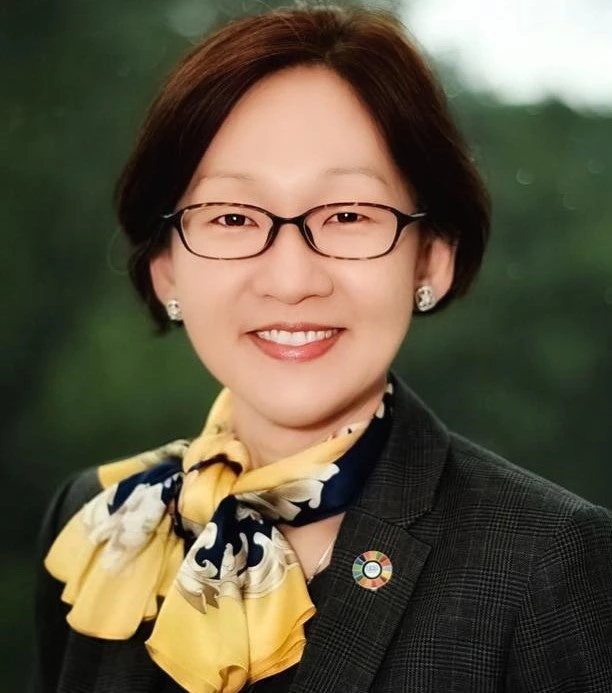

Join the Conversation